
Cycling and Mental Health: The Connection
Cycling is not just a great way to stay physically fit; it also has profound benefits for mental health. Whether you’re cycling through city streets
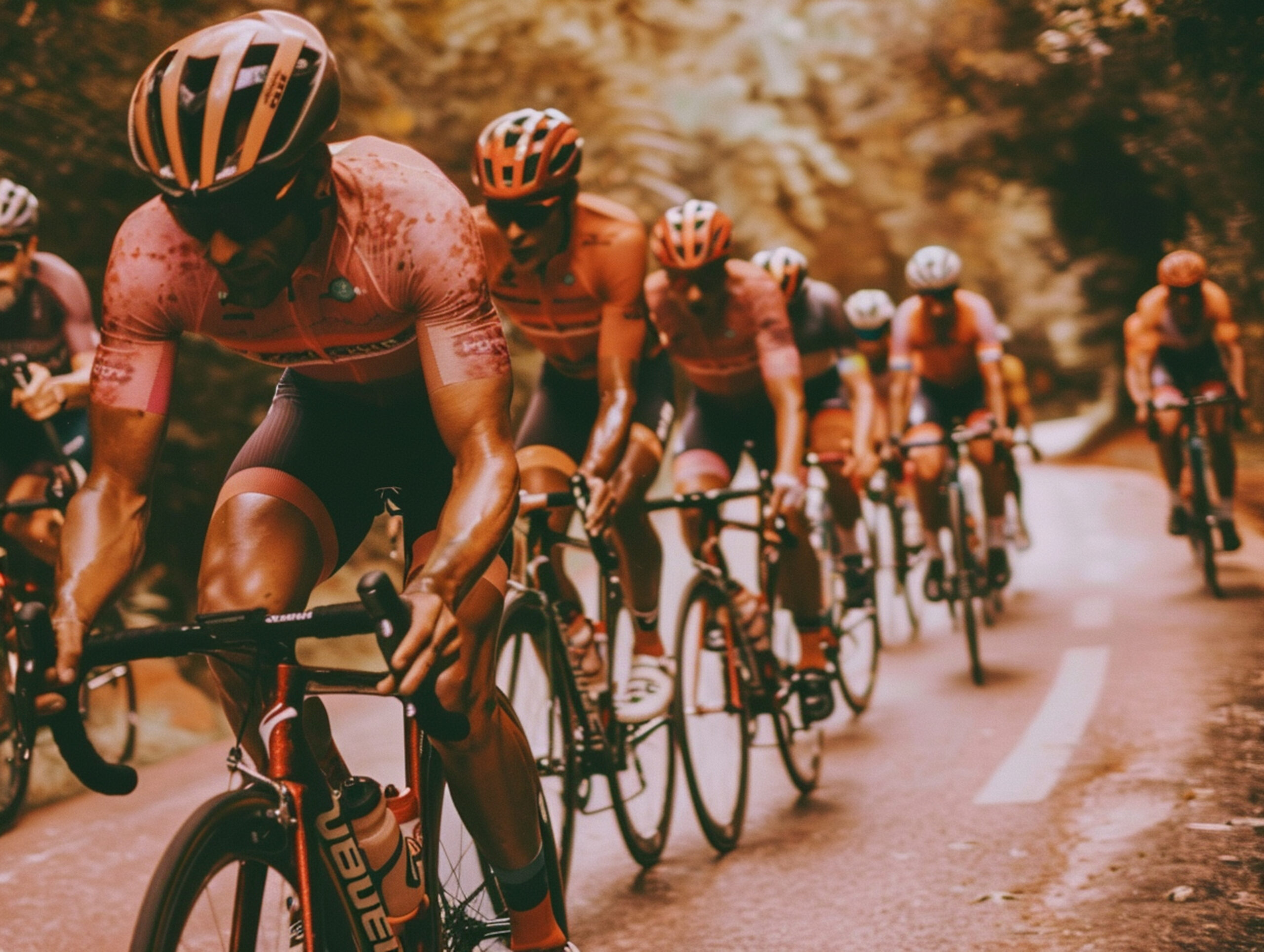
Long-distance cycling events are a true test of endurance, determination, and preparation. Whether you’re gearing up for a century ride or a multi-day tour, the key to success lies in comprehensive training, proper nutrition, and robust mental preparation! Here are five essential points to help you tackle your next long-distance ride with confidence and strength.
1. Develop a Structured Training Plan: Creating a well-structured training plan is crucial for building the endurance and strength needed for long-distance cycling. Start by establishing a baseline of your current fitness level. Gradually increase your mileage by no more than 10-15% per week to avoid overtraining and injury. Schedule weekly long rides that mimic the distance and terrain of your event. These rides will help your body adapt to prolonged periods of cycling. Make sure to mix in interval training, hill repeats, and recovery rides. This variety improves cardiovascular fitness, builds muscle strength, and aids in recovery. Finally, don’t underestimate the power of rest. Include rest days and light recovery rides to allow your muscles to repair and strengthen.

2. Optimize Your Nutrition: Proper nutrition is vital for sustaining energy levels and promoting recovery during long-distance cycling. Consume a balanced meal 2-3 hours before your ride, focusing on carbohydrates, protein, and healthy fats. Examples include oatmeal with fruit, a smoothie with protein powder, or a whole-grain sandwich with lean protein. During your ride, aim to consume 30-60 grams of carbohydrates. This can come from energy gels, bars, bananas, or sports drinks. Hydration is equally important; drink water or electrolyte-rich beverages regularly. Finally, after your ride, refuel with a combination of protein and carbohydrates to replenish glycogen stores and repair muscles. Good options include a recovery shake, chocolate milk, or a meal with chicken, rice, and vegetables.
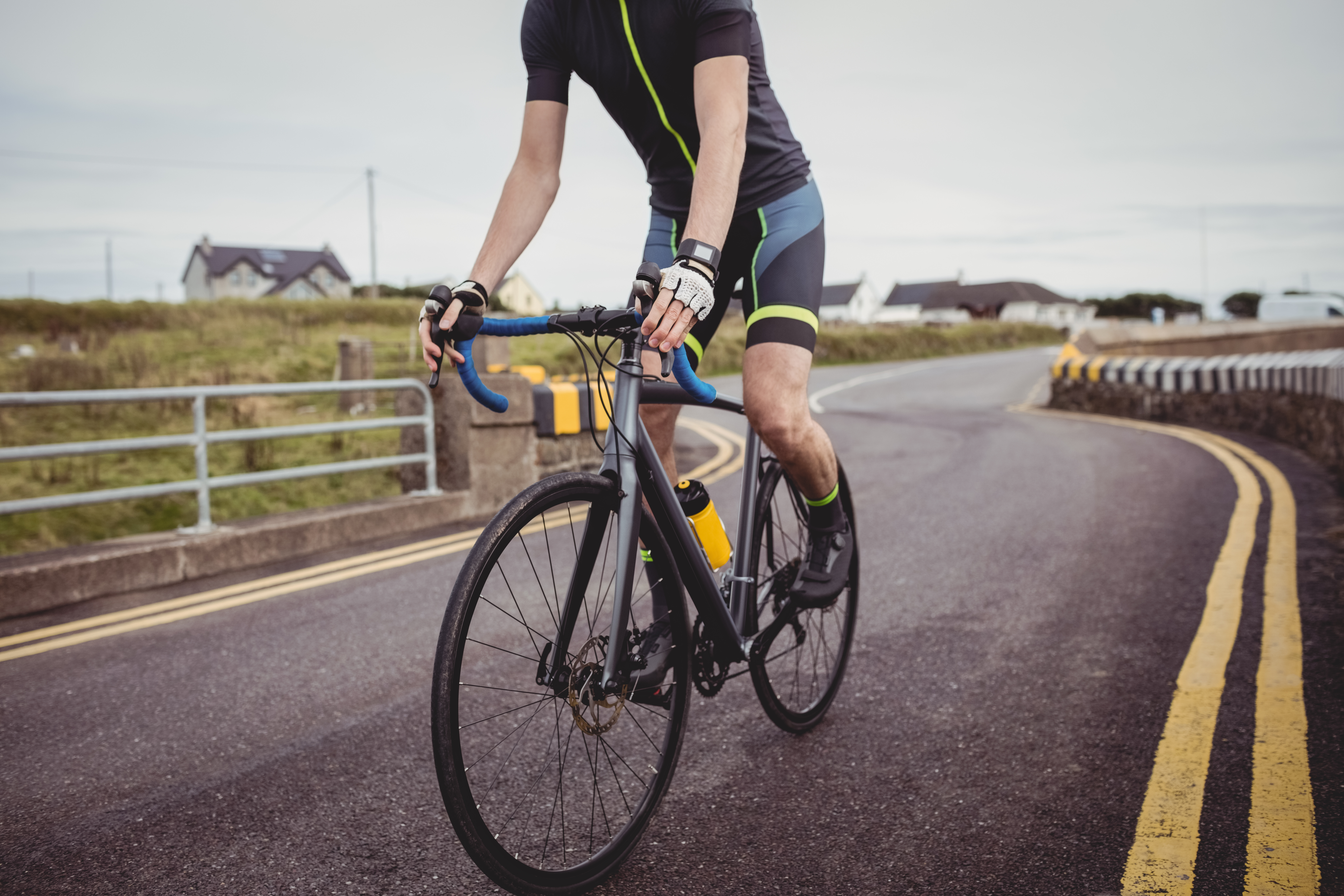
3. Focus on Mental Preparation: Endurance cycling is as much a mental challenge as it is a physical one. Strengthening your mental resilience can make a significant difference. Break your long ride into manageable segments and set small, achievable goals for each segment. This approach makes the overall distance feel less daunting. Also, spend time visualizing your ride, imagining the route, the challenges you might face, and how you’ll overcome them. Positive visualization can boost confidence and reduce anxiety. Finally, accept that discomfort is part of long-distance cycling. Develop strategies to cope, such as deep breathing, adjusting your pace, or thinking of rewarding moments like scenic views or post-ride treats.
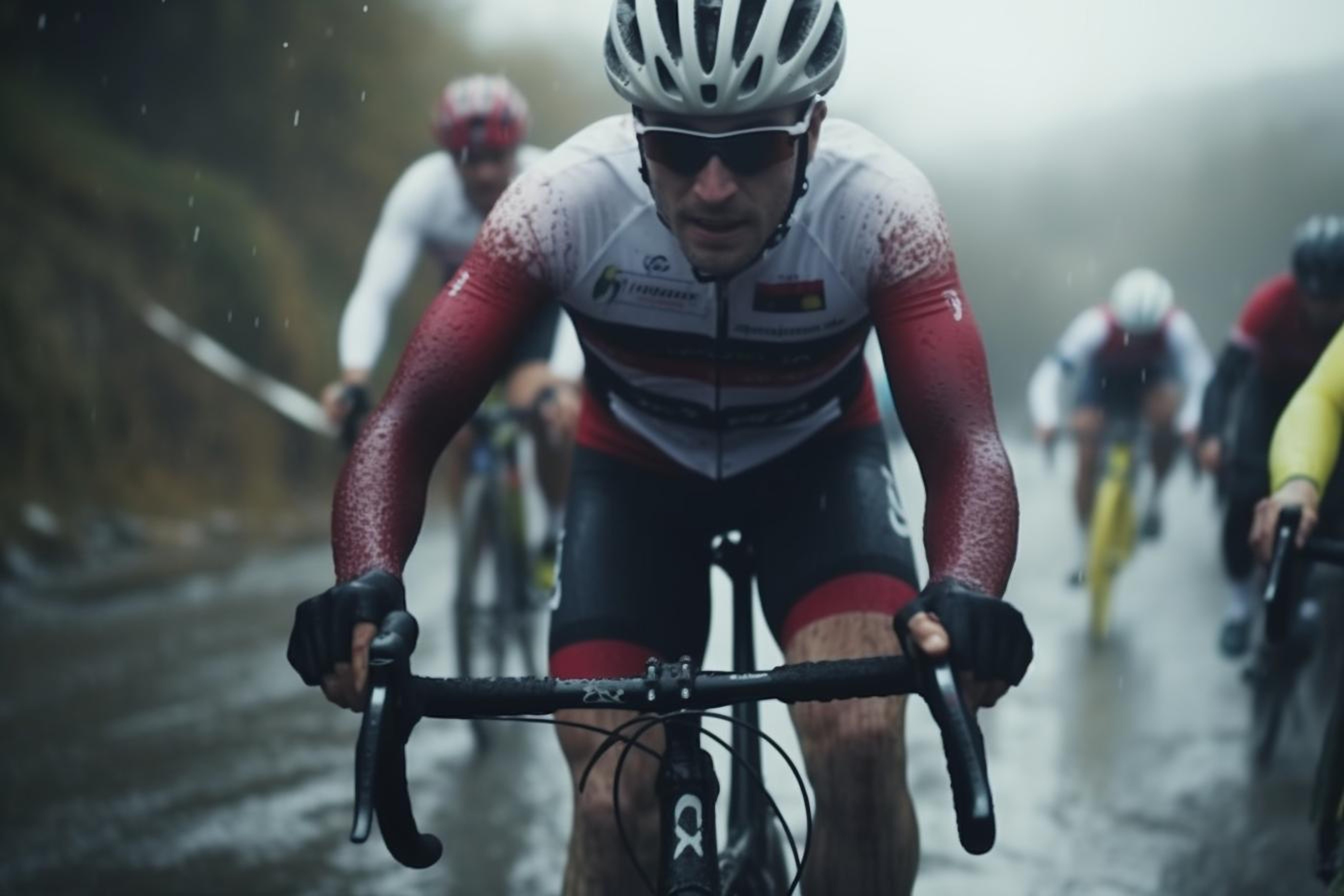
4. Ensure Your Bike is Ready: Your bike’s condition can significantly impact your performance and comfort during a long-distance event. First off, get a professional bike fitting to ensure your bike is set up to match your body dimensions. A proper fit can prevent discomfort and injuries. Remember to bring a repair kit that includes spare tubes, a mini-pump, tire levers, a multi-tool, and patches. Knowing basic bike repairs can save you from being stranded mid-ride.
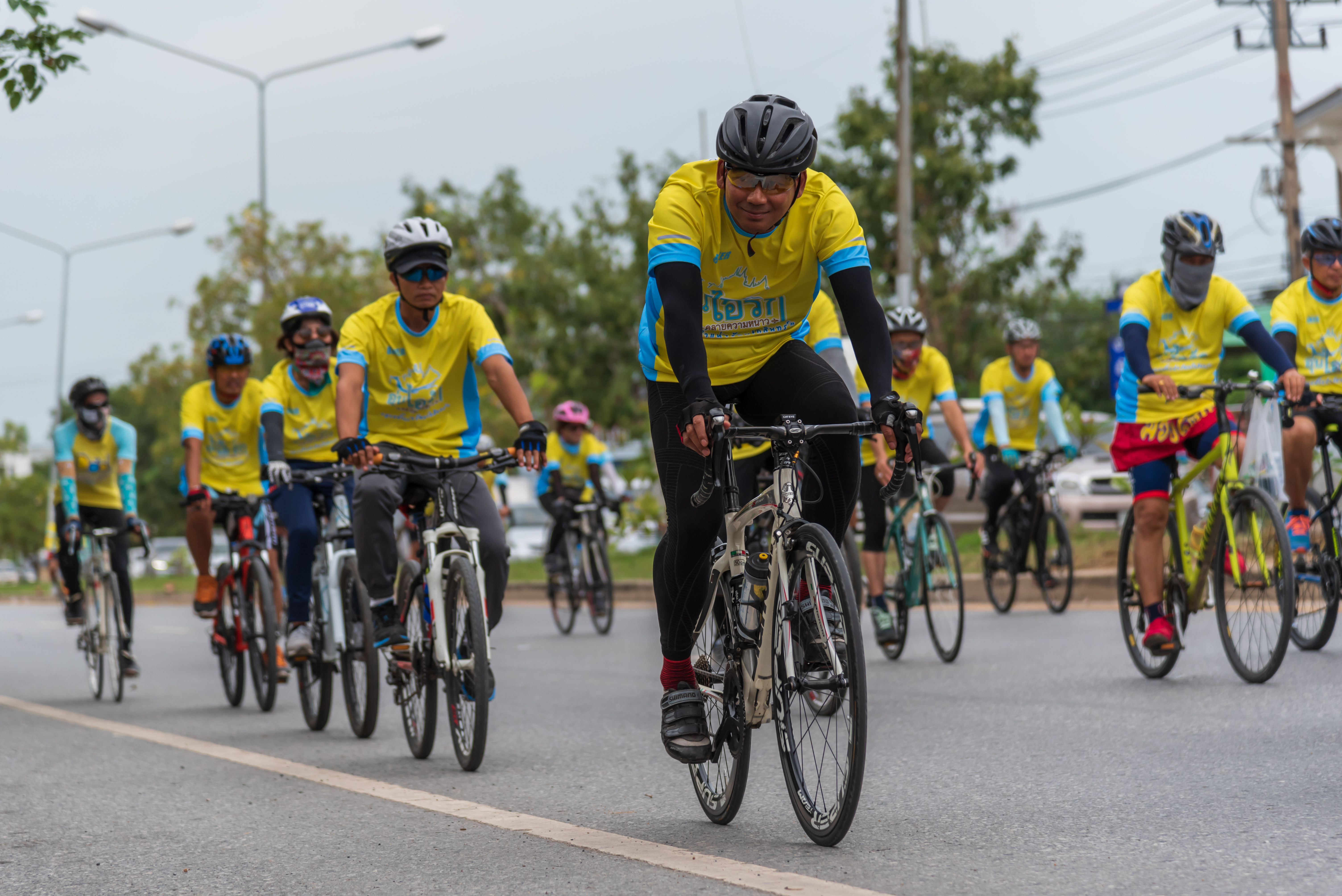
5. Plan for the Event Day: Proper planning for the event day itself is essential for a smooth experience. Study the event route in advance. Note the locations of rest stops, aid stations, and challenging sections like steep climbs or descents. Furthermore, remember to Lay out your gear the night before. Ensure you have all essentials, including your cycling kit, helmet, shoes, sunglasses, and any nutrition or hydration you plan to carry. Finally, develop a pacing strategy based on your training. Start at a sustainable pace and avoid the temptation to go too fast early on.
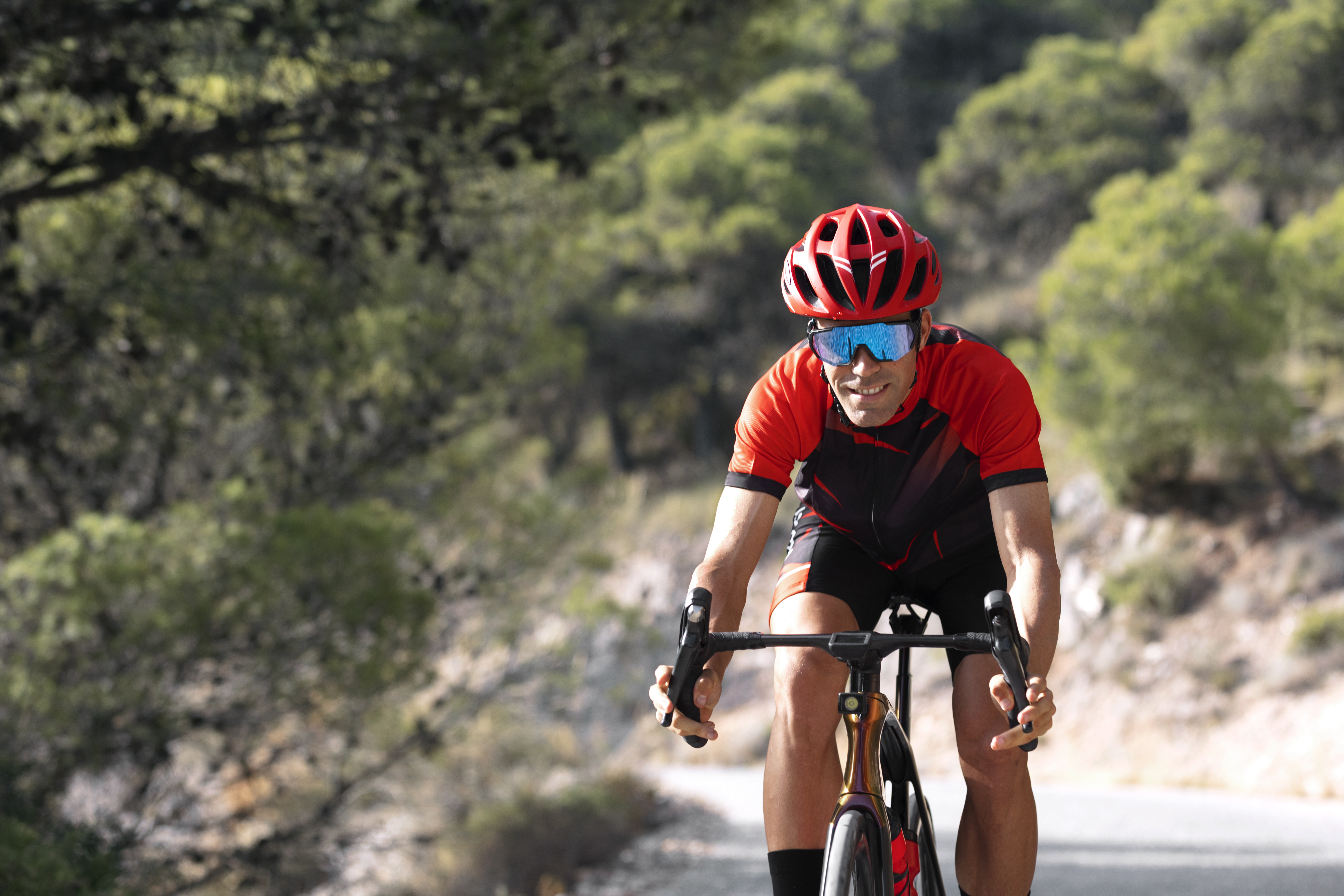
Training for a long-distance cycling event requires dedication, discipline, and a comprehensive approach. By following these five points, you’ll be well on your way to conquering your next cycling challenge with strength and confidence. Happy riding!

Cycling is not just a great way to stay physically fit; it also has profound benefits for mental health. Whether you’re cycling through city streets
Cycling is not only a fantastic way to stay fit and explore the outdoors but also a low-impact exercise that’s gentle on the joints. However,
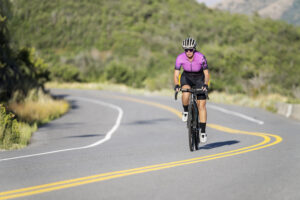
Cycling isn’t just a sport; it’s a lifestyle. Whether you’re hitting the road for a leisurely ride or pushing your limits in a race, proper
Copyright © 2025 - Greerride. All Right Reserved